Matthew Griffin asks his big clients three simple questions: What's the problem solved? How will they solve the problem? When is the right time to bring a revolutionary product to market? For him, preparing for the future requires a fit-for-purpose culture, people, processes, and resources to transform the company from the ground up.
He believes entrepreneurs are increasingly looking at a "degrowth" strategy, basically temporarily slowing growth at any cost to the future of the planet.
How can we slow things down? "The future is not written. But 75-95% of young people believe that what we call traditional capitalism is not fit for purpose and should not be the North Star by which we are guided," explains Matthew Griffin.
The futurologist says there are two movements in the world
- A traditional movement based on a growth agenda that believes the countries with the highest GDP should lead the transformation of capitalism and rely more on changes that help the climate and people
- A more populist degrowth movement, in which the focus should no longer be on growth at any cost, but on slowing down for a more sustainable way of life.
For this reason, believes Matthew Griffin, we need to rely on ethical capitalism, where for every dollar invested you try as an entrepreneur to get:
- Increased profits, a traditional thing in capitalism
- You want to increase profits but maximize the benefits your company provides to the community around you and to the planet.
This can be achieved, especially if you look at how certain trends are developing, for example sustainable agriculture.
"Even if you don't do good for all the people in the world, you can do better than traditional capitalism. Companies are starting to come to this conclusion. A lot of consumers want companies that have a purpose and do good around them," Griffin says.
When it comes to the degrowth agenda, Griffin says more and more countries are looking at issues like drought and water scarcity, but there is a huge challenge.
"We want economies to shrink in size, but that would lead to less money overall, less funds to take care of the sick and the elderly, poorer people with access to fewer products. So, it will have an impact on our lives. The degrowth movement says the way we live is not sustainable. Each of us uses resources as for 1.7 people," explains the futurologist.
If slowing down isn't the solution, what is? Well, technology.
"We have newer and more transformative ways of manufacturing in different industries. Agriculture is responsible for most of greenhouse gas emissions and consumes 70% of all fresh water. But we're seeing more sustainable materials and methods, such as making meat just from the cells of cows, not traditional cow farming," Griffin says.
"We have a variety of products that we can make more sustainably and use 80% less material. They're working on battery technologies to replace lithium and cobalt. If we continue at this rate of resource consumption, we will end up in an even worse place than the degrowth movement is proposing," Griffin says.
Companies are changing. The pandemic proved it
In the pandemic a lot of companies decided to change. Matthew Griffin believes that the difference starts with managers, CEOs who are short-term or long-term thinkers.
Companies that had a long-term mindset grew seven times faster than those that had only short-term strategies.
"This is where the concept of creative destruction comes in. Bosses look at this concept whereby they tell themselves that if the industry is going to be disrupted, then they should disrupt it themselves from within the company. Tear down what they've built and start from scratch. 80% of the Fortune 250 companies are thinking about doing that," Griffin explains.
The futurologist believes that starting a business today is easier than ever. You have access to information, access to money. But there are obstacles. It's not just people starting out who can do it, but billionaires.
"If you start the same idea as Jeff Bezos, he already has billions at his disposal and we're already talking about people who will have trillions in wealth. So, the risk is that they will become even richer than ever," Griffin says.
One idea proposed by the futurologist is a method of redistributing wealth using technology embedded in products. Blockchain can help. "How about Jeff Bezos or Mark Zuckerberg redistributing profits to users who use the product using blockchain? It's nothing complicated, the United Nations already uses such a system. But the problem is that billionaires want to keep their money to themselves," Griffin says.
However, technology can help us, but the only opponent of technology is culture. Our culture. Acceptance. Even though we have blockchain systems, virtual currencies or other modern technologies, people resist them.
"We have the technology to start this rocket, but culturally we are slowing down. We the people, but also governments who want to control the pace of innovation," the futurist also told IQ Digital late last year.
 Vlad Andriescu
Vlad Andriescu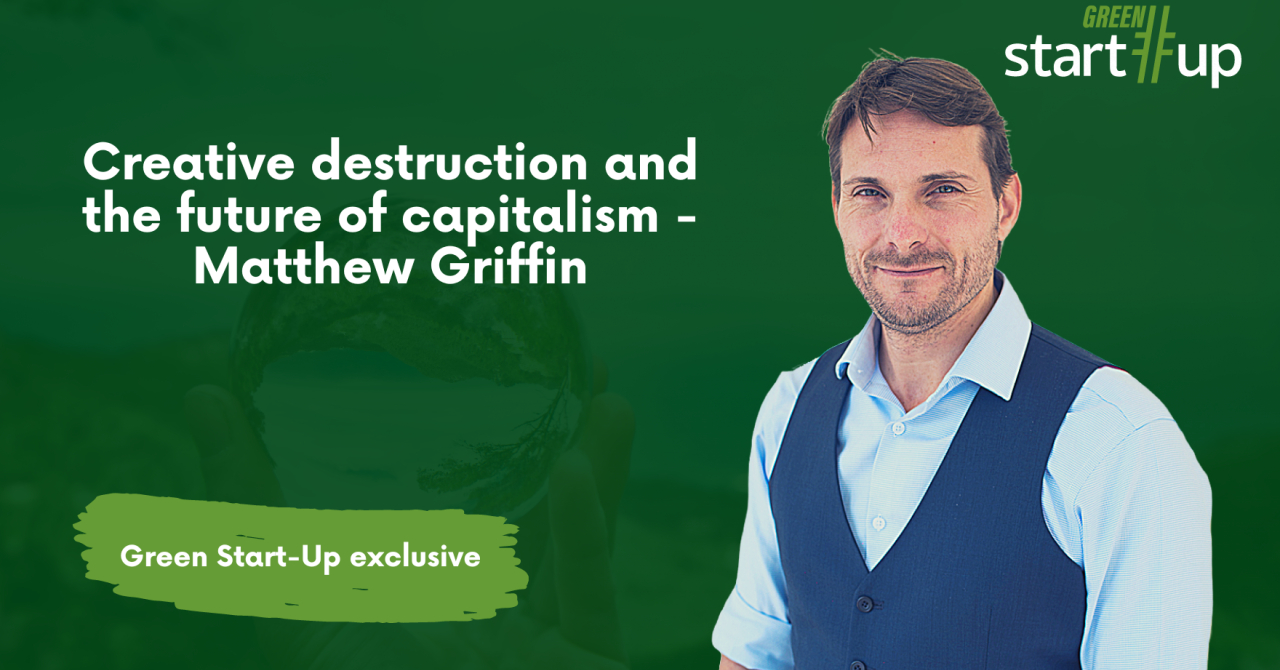



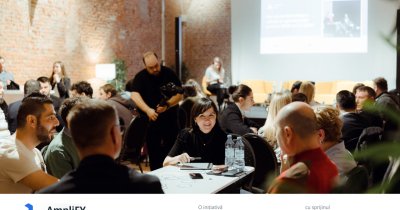
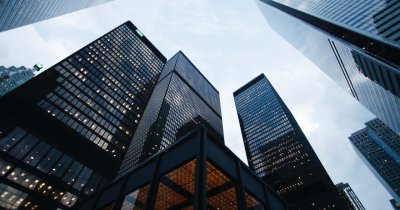
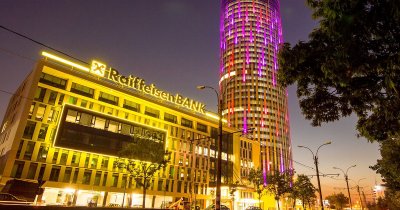

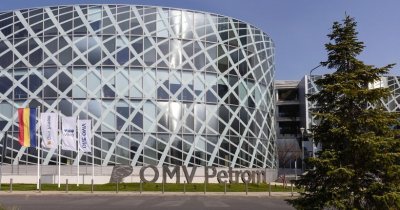
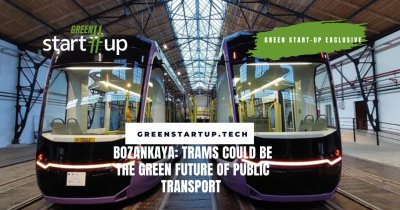


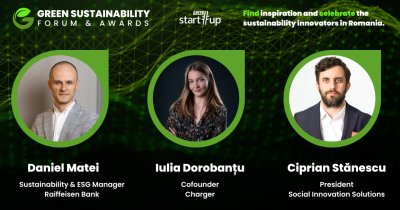
Any thoughts?